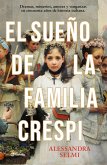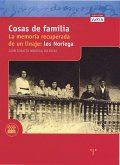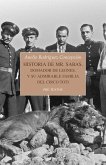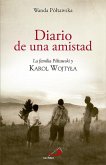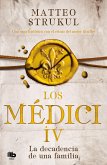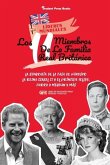Every spring, Lilia Garcia had to leave school early to go north with her family to pick fruits and vegetables. She was too young to work in the fields with the rest of the family, so her mother and teenage brother enrolled her in the local school. She was the only Spanish-speaking child at Coloma Elementary, and that, combined with the fact that it was late in the school year, made it difficult to make friends and keep up with the work. In this bilingual collection of short vignettes, Garcia remembers her family's life as migrant workers in the 1970s. Every year, they packed their red, Ford pick-up and left McAllen, Texas. The children's excitement soon waned during the long drive through Texas, but grew as they passed the Gateway Arch in St. Louis and skyscrapers in Chicago. Finally, they arrived at their destination: the Ponderosa in Coloma, Michigan. The family worked year in and year out for the same patron, who allowed them to live in a house they called the Ponderosa, named for the big house in the TV show Bonanza. It was surrounded by fields full of fruits: an apple orchard lay to the east; a peach orchard was on the other side. There were strawberry patches, cherry trees and a grape vineyard. Garcia's family worked long, back-breaking hours for a pittance, but they were together and their love for each other pulled them through. Garcia was nine when her father found a full-time job in McAllen and their migrant life came to an end. "We missed the adventure of travel and sightseeing, but we didn't miss the hard, back-breaking work." Staying in one place allowed the kids to focus on school, ensuring that they never had to do that back-breaking work again. This is a heartfelt recollection of the life of migrant workers.
Hinweis: Dieser Artikel kann nur an eine deutsche Lieferadresse ausgeliefert werden.
Hinweis: Dieser Artikel kann nur an eine deutsche Lieferadresse ausgeliefert werden.



